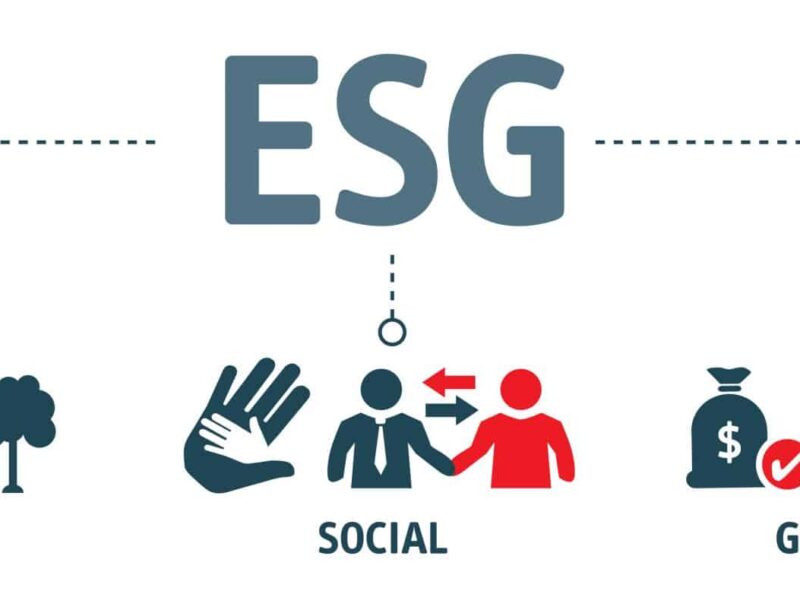
Can PropTech Help Landlords Deliver the Social Housing White Paper Charter?
Improving the resident-landlord relationship is at the crux of the recently released Social Housing White Paper. This white paper has created the “Charter for Social Housing Residents”, which sets out seven key expectations that residents should have from their landlords.
In addition to this, the paper recommends making the outcomes of resident-focused initiatives more transparent. However – landlords, especially those in the public sector, are already burdened with regulation and reporting requirements. These recommendations increase this burden and may potentially lead to a deterioration of service delivery.
With increasing responsibilities and a lack of resources in social housing, can technology provide a solution to deliver on the white paper’s guidance?
Many platforms cannot – our research showed that 60% of London Boroughs have not changed their PMS (property management system) in over 10 years. Think about technology from 10 years ago (Windows XP and the iPhone 4!). Now imagine trying to use those tools at work, today. Organisations are already struggling. Can their current processes cope with these new expectations? Not easily.
At Gridizen, we believe our cutting-edge technology can enable landlords to satisfy residents’ expectations set out in this charter, and free up more time for housing providers to spend on their residents and communities. Let’s look at two examples in particular and see how our Gridizen tools can help landlords address them:
A Culture of Communication
The white paper expects residents to be able to communicate with multiple stakeholders and complete landlord performance reviews. To deliver this, a robust communication/CRM system would be required. Landlords currently rely on letters, phone calls, text messages, emails and social media messages. These methods are manual and time consuming, and yet they may still not give the desired results.
Gridizen has developed a resident engagement tool which will supplement current communication styles while also reducing reliance on them. This ensures residents have a direct line of communication with landlords and other stakeholders. Which will help residents take the initiative and let their voices be heard. The existing channels can be much more time consuming and costly and may not have the ideal outcome.
Dedicated forums for each residential block or area can be created. Residents and landlords can customise these forums for different needs such as community events, health and safety, complaints and general updates. With the added benefit of centralised data collection (which can also be used for ESG reporting), communication and managing information can be simplified.
A Safe Home is a Smart Home
Another expectation of the Charter is that residents should be safe in their homes. This has not always been as straight forward as it should be. One way to ensure safety is to have working and certified smoke alarms and other detectors. However, installing and maintaining these across an entire portfolio leads to significant CapEx and OpEx expenditure. Easily installed smart devices can reduce the amount of maintenance visits and inspections required through proactive management and monitoring. These devices send an alert immediately if there is a fault, or if there is a safety risk. Gridizen’s smart home tool alerts property managers and residents simultaneously to ensure action can be taken immediately.
The focus here is on speed and visibility.
Landlords are able to be more proactive and responsive with these devices. The greater visibility helps landlords provide residents with a safer home environment.
Trust between residents and landlords is essential to building a collaborative community. Technology can be the key that facilitates, and provides residents with a safe, secure and dignified home.
For more information, contact: kmahmood@gridizen.co.uk




